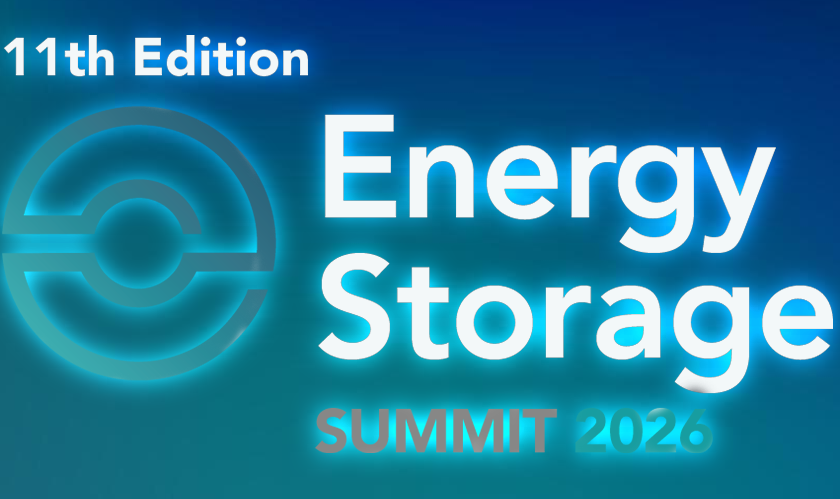Home Technology Storage technology Australia’s Grid Pressures C...
Storage Technology

CIO Bulletin
20 November, 2025
URL: Grid Pressures, Challenge, Storage Technology
Keywords: battery storage, NEM, AEMO, minimum system load
Minimal system load failures interrupt the processes of batteries in Australia, affecting revenues and revealing gaps in existing storage technology infrastructures.
The National Electricity Market (NEM) of Australia has put pressure on battery storage systems due to increased events of minimum system load that activate connections that restrict economical operation. According to a new analysis by Modo Energy, the Torrens Island BESS is the first facility to be controlled by AEMO through these protocols, creating an increasing challenge to the operators of storage technologies.
On 11, 12, and 15 November 2025, AEMO actions made sure that the 250 MW/250 MWh system was not charged during the most profitable hours. Consequently, Torrens Island lost thousands in revenue, although the storage technology depends on price arbitrage to make profits. These interventions were carried out with long periods from morning to afternoon when the prospects of charging economically were most productive.
Torrens Island is theoretically entitled to compensation under the National Electricity Rules, and that is on the basis of benchmark pricing. In the case of November events, the maximum compensation might amount to AU$37,895 and AU$28,091, which is far greater in comparison to the financial loss already registered. However, operators caution that the compensation is unpredictable and ill-adapted to new storage technology since the existing models are designed to be used with the elderly generators.
This takes a toll too on Australia's overall battery industry; battery storage income had dropped by two-thirds earlier in the year of this volatile market condition. Minimum events due to high rooftop solar and seasonal low demand have already become the norm, with South Australia recording 112 hours of negative demand in 2025.
The energy authorities are reconsidering the market rules to ensure that it is more accommodative to allow bidirectional assets and refine compensational models, making sure that the battery operators will be positioned to be viable economically and contribute to the security of the system.







